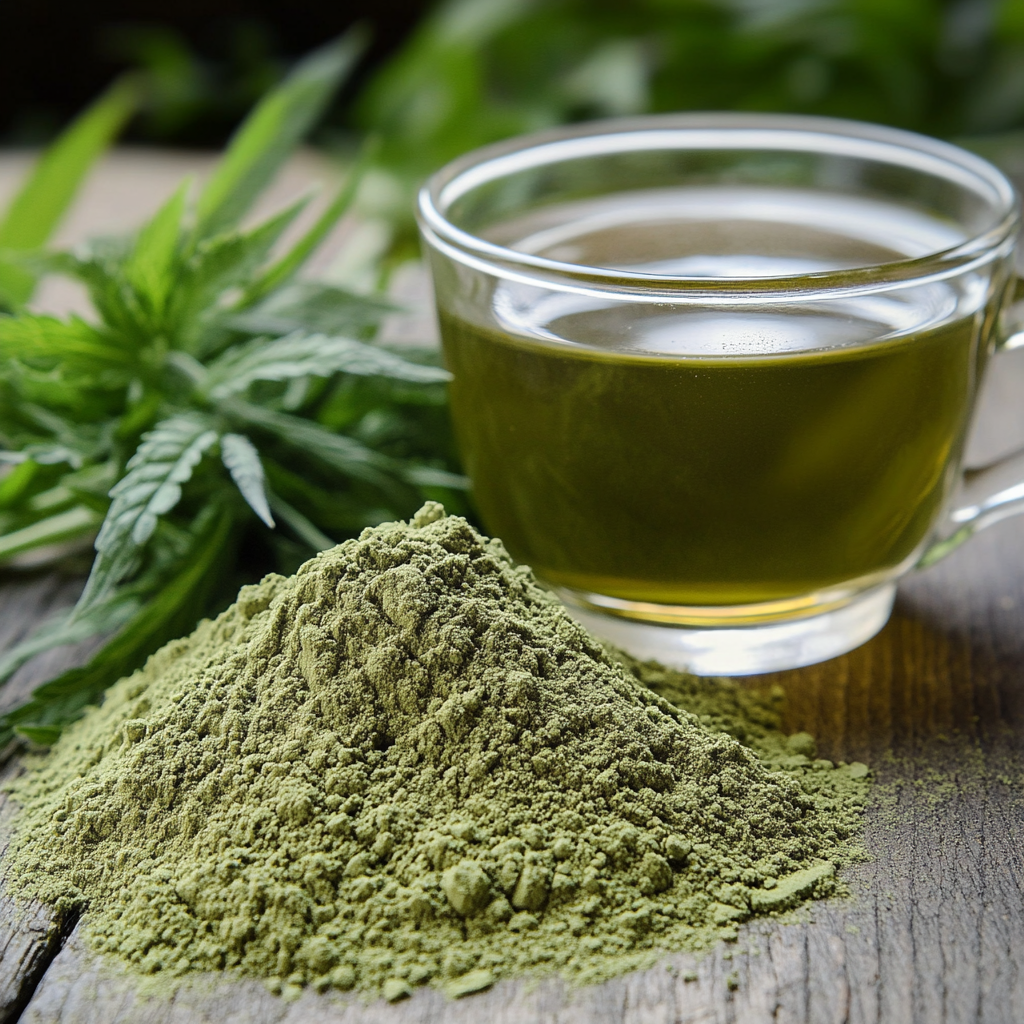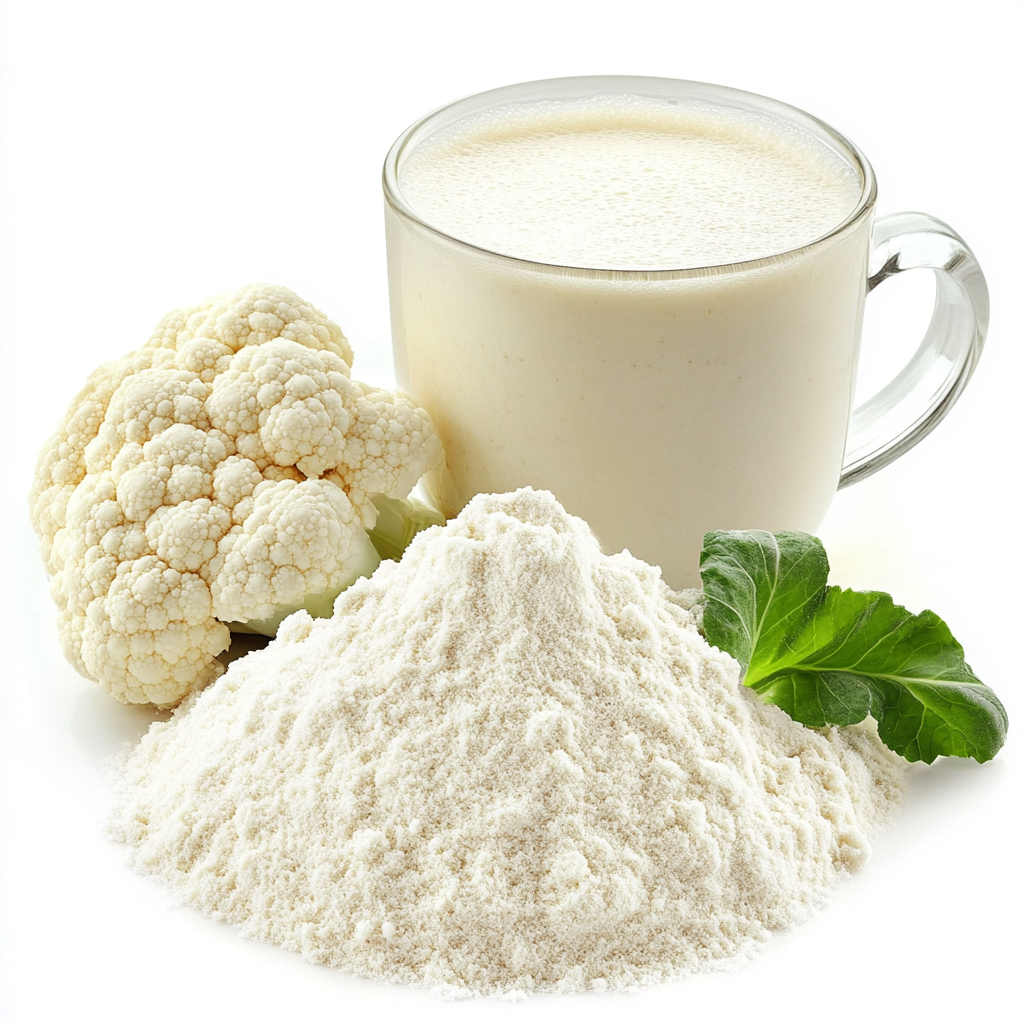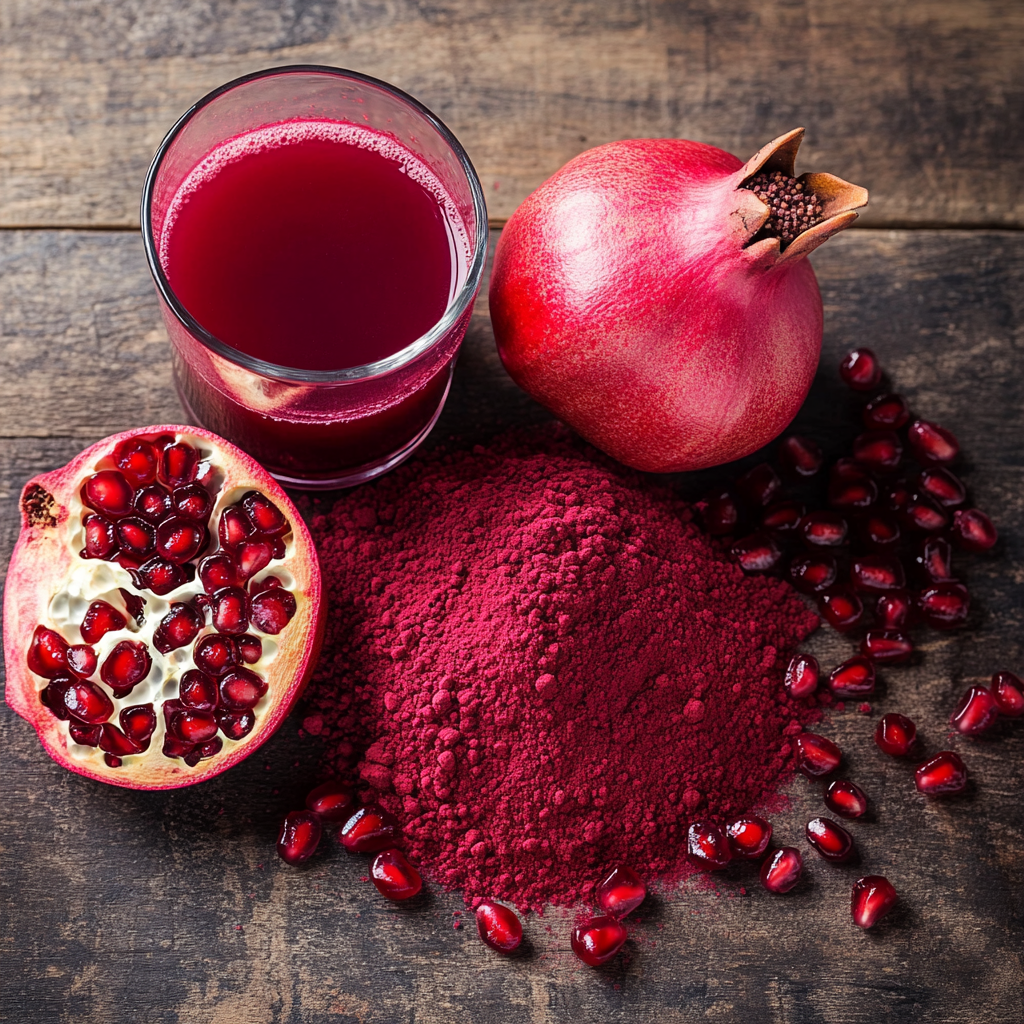Mugwort, a powerful herb with a long history in Korean medicine and other herbal traditions, has been widely used for its numerous health benefits. Today, as more people turn to natural remedies for respiratory health, mugwort has become increasingly well known as a potential lung-cleansing herb. But does it really work? Can mugwort effectively clear your lungs and improve respiratory function? In this article, we explore its traditional uses, modern applications, and the scientific evidence behind its benefits.
What Is Mugwort?
Mugwort (Artemisia vulgaris) is a green, leafy plant known for its strong aroma and medicinal properties. It has been used for centuries in traditional Korean medicine, Chinese herbal medicine, and European folk healing. The plant contains essential bioactive compounds, including flavonoids, terpenes, and antioxidants, which contribute to its potential health benefits.
Mugwort is available in various forms, including:
· Extracts – Concentrated for ease of use in herbal formulations.
· Teas and Juices – Consumed for their potential detoxifying effects.
· Supplements and Capsules – Used for easy daily wellness support.
· Essential Oils – Popular in aromatherapy for respiratory health.
· Dried Mugwort – Used in traditional remedies such as moxibustion, a Korean medicinal practice that involves burning mugwort near the skin to promote healing.
How Mugwort Supports Lung Health
Mugwort’s natural compounds offer several potential benefits for respiratory health, including:
· Anti-Inflammatory Effects: Inflammation is a key factor in many respiratory conditions, such as asthma and bronchitis. Mugwort contains anti-inflammatory compounds that may help reduce airway inflammation and irritation.
· Mucus Clearance: Some herbalists believe that mugwort acts as an expectorant, (meaning it helps loosen and clear mucus from the lungs) making breathing easier.
· Antioxidant Protection: The lungs are highly susceptible to oxidative stress from pollutants and toxins. Mugwort’s antioxidant properties may help protect lung tissue from damage caused by free radicals.
· Airway Relaxation: Terpenes found in mugwort may support bronchial dilation, potentially improving airflow and breathing efficiency.
How Mugwort Compares to Other Lung-Cleansing Herbs
Mugwort is often compared to better known respiratory-supporting herbs such as:
· Mullein: Known for its ability to soothe inflammation and expel mucus.
· Peppermint: Contains menthol, which helps open airways and ease congestion.
· Thyme: Has antimicrobial properties that support lung health.
While each herb has unique benefits, mugwort stands out for its multifaceted approach—combining anti-inflammatory, antioxidant, and potential expectorant properties.
Scientific Evidence on Mugwort and Lung Health
While mugwort has been traditionally used for respiratory support, scientific research on its lung-cleansing effects is still emerging. Some studies suggest:
· Anti-Inflammatory and Antioxidant Effects: Research supports traditional healing practices - that mugwort contains powerful antioxidants, which help reduce oxidative stress in the body, including the lungs.
· Potential Antimicrobial Properties: Additional studies suggest mugwort may help fight respiratory infections by inhibiting harmful bacteria and viruses.
· Bronchodilatory Effects: Though not widely studied, some researchers believe mugwort may help relax the airway muscles, improving airflow in conditions such as asthma.
More clinical research is needed to confirm mugwort’s direct benefits for lung health, but the existing evidence suggests promising potential.
Ways to Use Mugwort for Respiratory Health
Mugwort can be incorporated into your wellness routine in several ways:
· Mugwort Tea and Juice: Drinking mugwort tea or juice may help calm respiratory inflammation and aid in lung detoxification.
· Mugwort Extracts and Supplements: These provide a concentrated dose of beneficial compounds for daily respiratory support.
· Aromatherapy and Inhalation: Inhaling mugwort essential oil may help open the airways and ease breathing.
· Moxibustion in Korean Medicine: This traditional practice involves burning dried mugwort near acupuncture points to stimulate healing and improve circulation, potentially benefiting lung function.
Other Health Benefits of Mugwort
Beyond its potential for lung health, mugwort offers a range of additional benefits:
· Digestive Support: Mugwort has been traditionally used to alleviate indigestion, bloating, and gastric discomfort.
· Sleep and Mental Calmness: The herb has mild sedative effects, making it a popular choice for promoting relaxation and improving sleep quality.
· Women’s Health: Historically used to regulate menstrual cycles and ease menstrual cramps.
· Stress and Anxiety Relief: The calming effects of mugwort make it beneficial for reducing stress and supporting mental well-being.
Are There Any Risks or Side Effects?
While mugwort is generally safe for most people, certain individuals should exercise caution:
· Pregnant and Breastfeeding Women: Mugwort is believed to have uterine-stimulating effects and should be avoided during pregnancy.
· Individuals with Allergies: Those allergic to plants in the Asteraceae family (such as ragweed, daisies, or chamomile) may experience allergic reactions.
· People on Medication: Mugwort may interact with certain medications, so it’s best to consult a healthcare professional before use.
· Long-Term Use Concerns: While occasional use is considered safe, excessive or prolonged consumption may have unknown effects.
Conclusion
Mugwort is a fascinating herb with potential benefits for lung health, thanks to its anti-inflammatory, antioxidant, and expectorant properties. While traditional medicine has long recognized its respiratory benefits, scientific research is still ongoing to fully understand its effects.
If you’re interested in trying a high-quality mugwort product, consider Unleash’d Organic’s Mugwort Powder— and be sure to let us know what you think!




Leave a comment
This site is protected by hCaptcha and the hCaptcha Privacy Policy and Terms of Service apply.